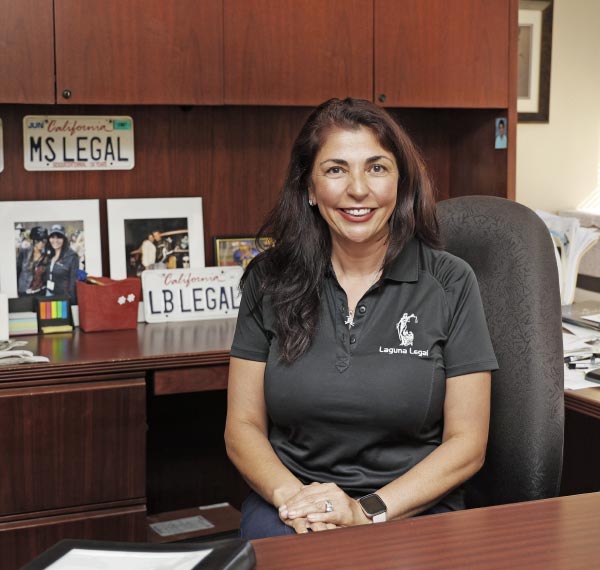If you file for legal separation, then while the proceedings are still pending you decide you’d prefer a divorce, or if you did not meet the residency requirements before and now do, the process may be quite simple. You will use the same Judicial Council forms (Petition and Summons) that you used to file for legal separation, only this time you will need to mark each form “AMENDED” and, on the Petition, check the box for “Dissolution of Marriage”. Caveat – if the other party has filed his or her Response to your first Petition or you have already filed an amended Petition, you will need court approval to file a new amended Petition.
There is generally no additional filing fee with the court, but you should check the rules for your county before you go to the courthouse to file the forms. Once you’ve filed the amended forms with the court, your spouse must be served again by any adult other than yourself, just as before, and a Proof of Service of Summons must be completed and filed with the court.
Now for the exception…if you have already obtained a final Judgment of Legal Separation from the court and later decide that you would like a divorce, you cannot file amended paperwork as indicated above. You will need to start over with a new case.





























